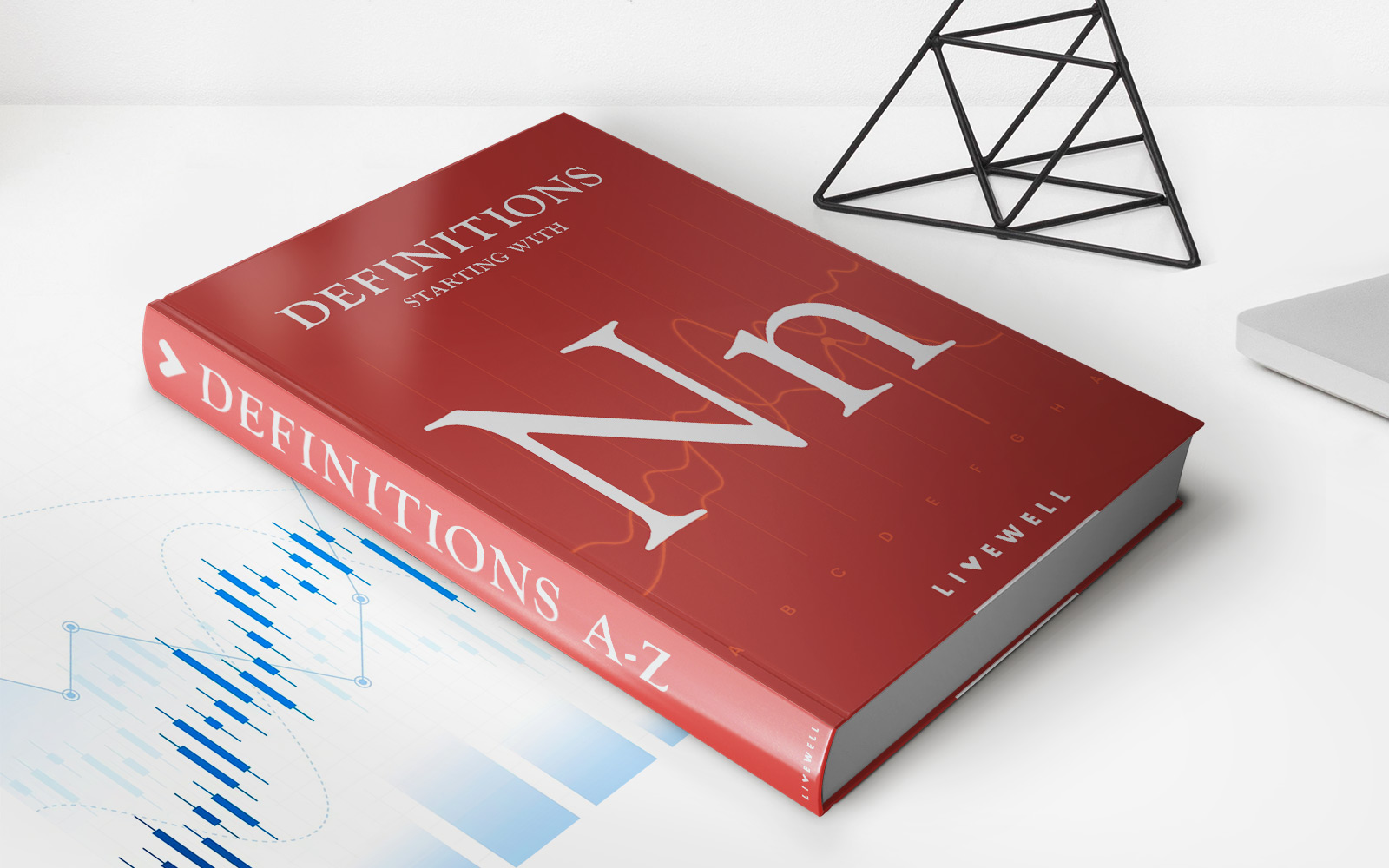

Finance
Japan Inc. Definition
Published: December 14, 2023
Discover the thriving world of Japan Inc. and explore its dynamic finance sector. Learn about the intricacies of finance in Japan and gain valuable insights into this powerful industry.
(Many of the links in this article redirect to a specific reviewed product. Your purchase of these products through affiliate links helps to generate commission for LiveWell, at no extra cost. Learn more)
Understanding Japan Inc.: Exploring the World of Japanese Finance
Welcome to the “FINANCE” category of our blog, where we delve into various topics related to the financial world. In this article, we will be exploring the fascinating concept of Japan Inc., a term often used to describe the unique relationship between Japanese companies, government, and society. What exactly is Japan Inc. and how does it shape the financial landscape of Japan? Let’s find out!
Key Takeaways:
- Japan Inc. refers to the close alignment and integration of Japanese companies, government institutions, and society.
- It is characterized by long-term relationships, stakeholder cooperation, and a focus on maintaining social harmony.
Japan Inc. is not just a phrase; it represents a fundamental aspect of the Japanese business and financial culture. Derived from the term “company,” the word “Inc.” carries connotations of unity and collaboration, highlighting the interconnected nature of Japan’s corporate world.
In Japan, the relationships between companies, government institutions, and society are closely intertwined, giving rise to an intricate system of collaboration and shared goals. Here are some key aspects of Japan Inc. worth exploring:
- Keiretsu: Keiretsu refers to a network of companies that have strong cross-shareholdings and maintain business relationships with each other. This interdependence fosters stability and allows for long-term planning.
- Lifetime Employment: Japanese companies traditionally offer lifetime employment to their employees, which cultivates loyalty and fosters a strong sense of commitment and dedication. This practice helps maintain stability even during periods of economic downturn.
- Banking Relationships: Japanese companies establish strong relationships with banks, often relying on them for financing and investments. This close relationship helps provide a stable financial foundation for businesses.
- Government Influence: The Japanese government plays a significant role in shaping the business landscape through policies, regulations, and economic initiatives. This involvement ensures a coordinated approach to economic development and sustainability.
- Social Harmony: Japan Inc. places importance on maintaining social harmony, often prioritizing stakeholder cooperation over individual gains. This emphasis on societal well-being sets Japan apart from more individualistic economies.
In conclusion, Japan Inc. serves as an essential framework in understanding the dynamics of Japanese finance. Its unique structure, which combines strong business relationships, government influence, and a focus on social harmony, contributes to Japan’s reputation as an economic powerhouse. By appreciating the intricacies of Japan Inc., we can gain valuable insights into the financial landscape of this vibrant nation.
Thank you for joining us on this exploration of Japan Inc. Stay tuned for more articles on finance-related topics in the future!














